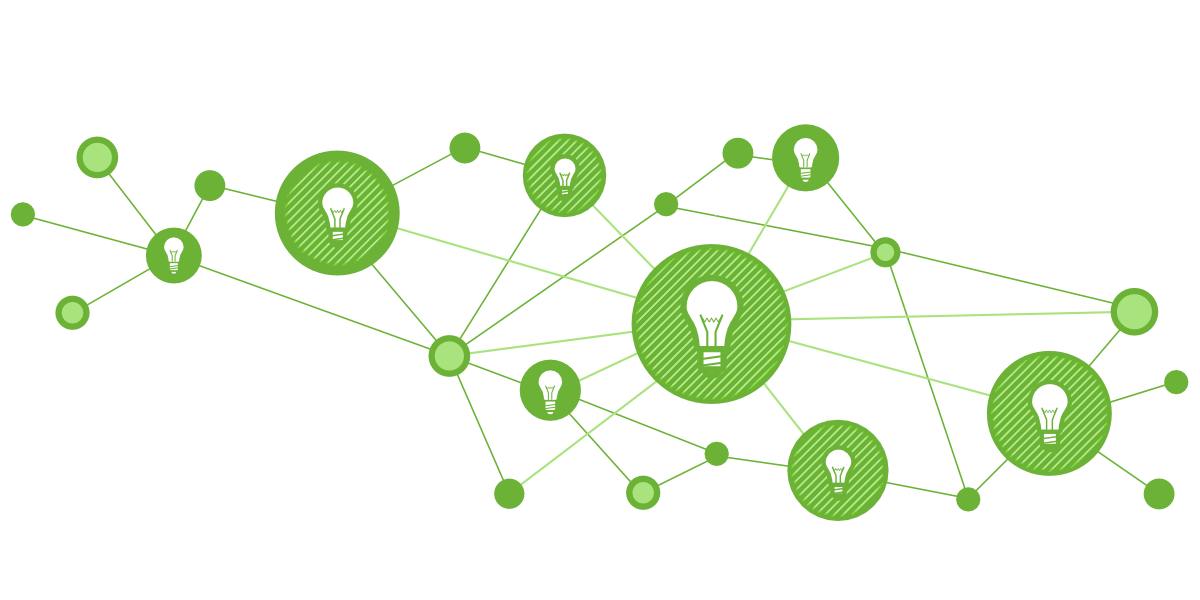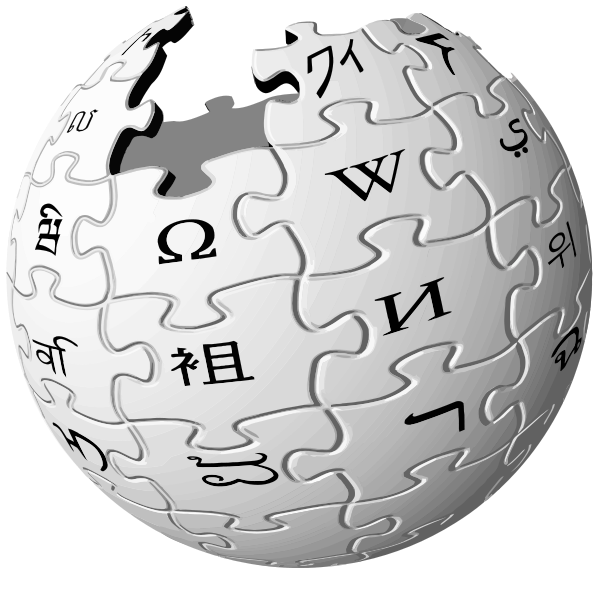2020-05-04 | Final WCT online event - registration now open

The first Leibniz-WissenschaftsCampus in Germany was launched in 2010. After seven years of research on "Informational Environments", the Leibniz-WissenschaftsCampus Tübingen (WCT) conducted research on cognitive interfaces from 2017. Now, after ten successful years, the WCT is coming to an end. To celebrate this research era, the final event of the WCT will take place in virtual space on 15 May 2020 at 11 a.m. Instead of a face-to-face symposium and official ceremony at the IWM with all members, cooperation partners, funders and friends of the WCT, the event will take place completely online, due to Coronavirus.
The (virtual) greetings will be addressed by Ulrich Steinbach, Deputy Minister of Science, Research and Arts Baden-Württemberg, Prof. Dr. Bernd Engler, President of the University of Tübingen, Prof. Dr.-Ing. Matthias Kleiner, President of the Leibniz-Association and Prof. Dr. Nikol Rummel, Chairwoman of the Scientific Advisory Board, Ruhr-University BochumRegistration is now open! Please register for the online event via mail to campus@wissenschaftscampus-tuebingen.de
After your registration you will receive the link to the livestream.Program
15.05.2020 | 11 am | Livestream via Microsoft Teams | all talks will be held in English
Opening by IWM Director Prof. Dr. Ulrike Cress
Keynote by Prof. Dr. Kristian Kiili, Tampere University of Technology, Finland "Cognitive and Affective Outcomes of Digital Game-based Learning: Seeking for Evidence-Based Design Principles" (abstract)
After the keynote, the virtual symposium will be accessible online on a website. Instead of poster session and lectures, the results of research within the WCT will then be visible to everyone interested in form of video presentations.


